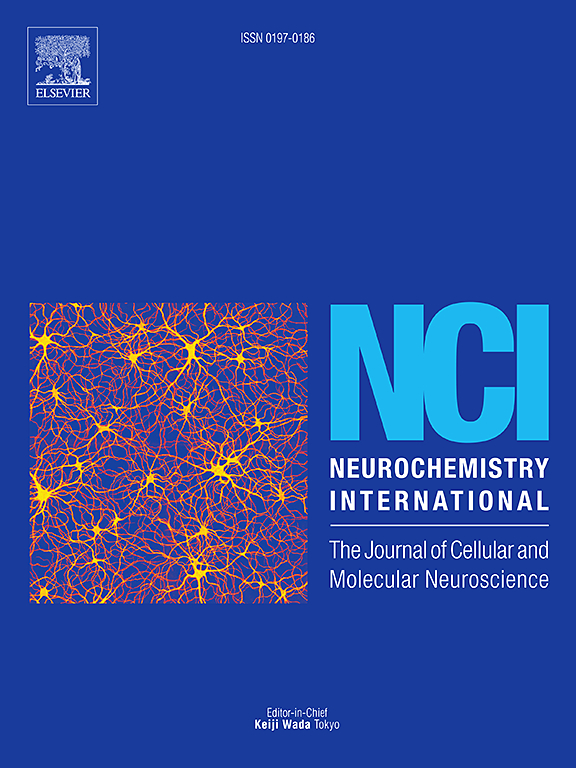PDE4D inhibitors: Opening a new era of PET diagnostics for Alzheimer's disease
IF 4.4
3区 医学
Q2 BIOCHEMISTRY & MOLECULAR BIOLOGY
引用次数: 0
Abstract
As the incidence of Alzheimer's disease (AD) continues to rise, the need for an effective PET radiotracer to facilitate early diagnosis has become more pressing than ever before in modern medicine. Phosphodiesterase (PDE) is closely related to cognitive impairment and neuroinflammatory processes in AD. Current research progress shows that specific PDE4D inhibitors radioligands can bind specifically to the PDE4D enzyme in the brain, thereby showing pathology-related signal enhancement in AD animal models, indicating the potential of these ligands as effective radiotracers. At the same time, we need to pay attention to the important role computer aided drug design (CADD) plays in advancing AD drug design and PET imaging. Future research will verify the potential of these ligands in clinical applications through computer simulation techniques, providing patients with timely intervention and treatment, which is of great significance.

PDE4D抑制剂:开启阿尔茨海默病PET诊断新时代
随着阿尔茨海默病(AD)的发病率持续上升,对有效的PET放射性示踪剂以促进早期诊断的需求在现代医学中变得比以往任何时候都更加迫切。磷酸二酯酶(PDE)与阿尔茨海默病的认知障碍和神经炎症过程密切相关。目前的研究进展表明,特定的PDE4D抑制剂放射配体可以特异性结合大脑中的PDE4D酶,从而在AD动物模型中显示出与病理相关的信号增强,表明这些配体具有作为有效放射性示踪剂的潜力。同时,我们需要重视计算机辅助药物设计(CADD)在推进AD药物设计和PET成像方面的重要作用。未来的研究将通过计算机模拟技术验证这些配体在临床应用中的潜力,为患者提供及时的干预和治疗,具有重要意义。
本文章由计算机程序翻译,如有差异,请以英文原文为准。
求助全文
约1分钟内获得全文
求助全文
来源期刊

Neurochemistry international
医学-神经科学
CiteScore
8.40
自引率
2.40%
发文量
128
审稿时长
37 days
期刊介绍:
Neurochemistry International is devoted to the rapid publication of outstanding original articles and timely reviews in neurochemistry. Manuscripts on a broad range of topics will be considered, including molecular and cellular neurochemistry, neuropharmacology and genetic aspects of CNS function, neuroimmunology, metabolism as well as the neurochemistry of neurological and psychiatric disorders of the CNS.
 求助内容:
求助内容: 应助结果提醒方式:
应助结果提醒方式:


